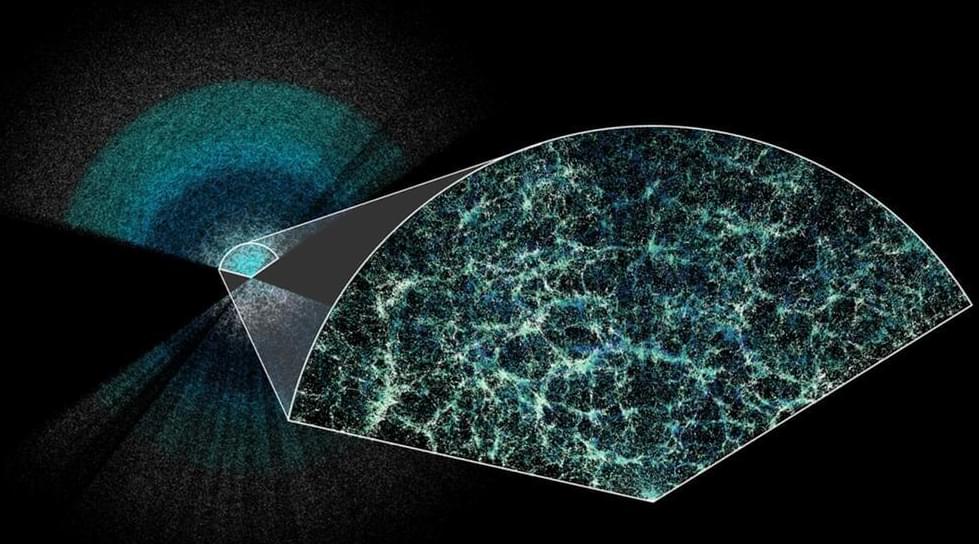“Gravity pulls matter together, so that when we throw a ball in the air, the Earth’s gravity pulls it down toward the planet,” Mustapha Ishak-Boushaki, a professor of physics in the School of Natural Sciences and Mathematics (NSM) at UT Dallas, and member of the DESI collaboration, said in a statement. “But at the largest scales, the universe acts differently. It’s acting like there is something repulsive pushing the universe apart and accelerating its expansion. This is a big mystery, and we are investigating it on several fronts. Is it an unknown dark energy in the universe, or is it a modification of Albert Einstein’s theory of gravity at cosmological scales?”
DESI’s data, however, shows that the universe may have evolved in a way that isn’t quite consistent with the Lambda CDM model, indicating that the effects of dark energy on the universe may have changed since the early days of the cosmos.
“Our results show some interesting deviations from the standard model of the universe that could indicate that dark energy is evolving over time,” Ishak-Boushaki said. “The more data we collect, the better equipped we will be to determine whether this finding holds. With more data, we might identify different explanations for the result we observe or confirm it. If it persists, such a result will shed some light on what is causing cosmic acceleration and provide a huge step in understanding the evolution of our universe.”










Comments are closed.